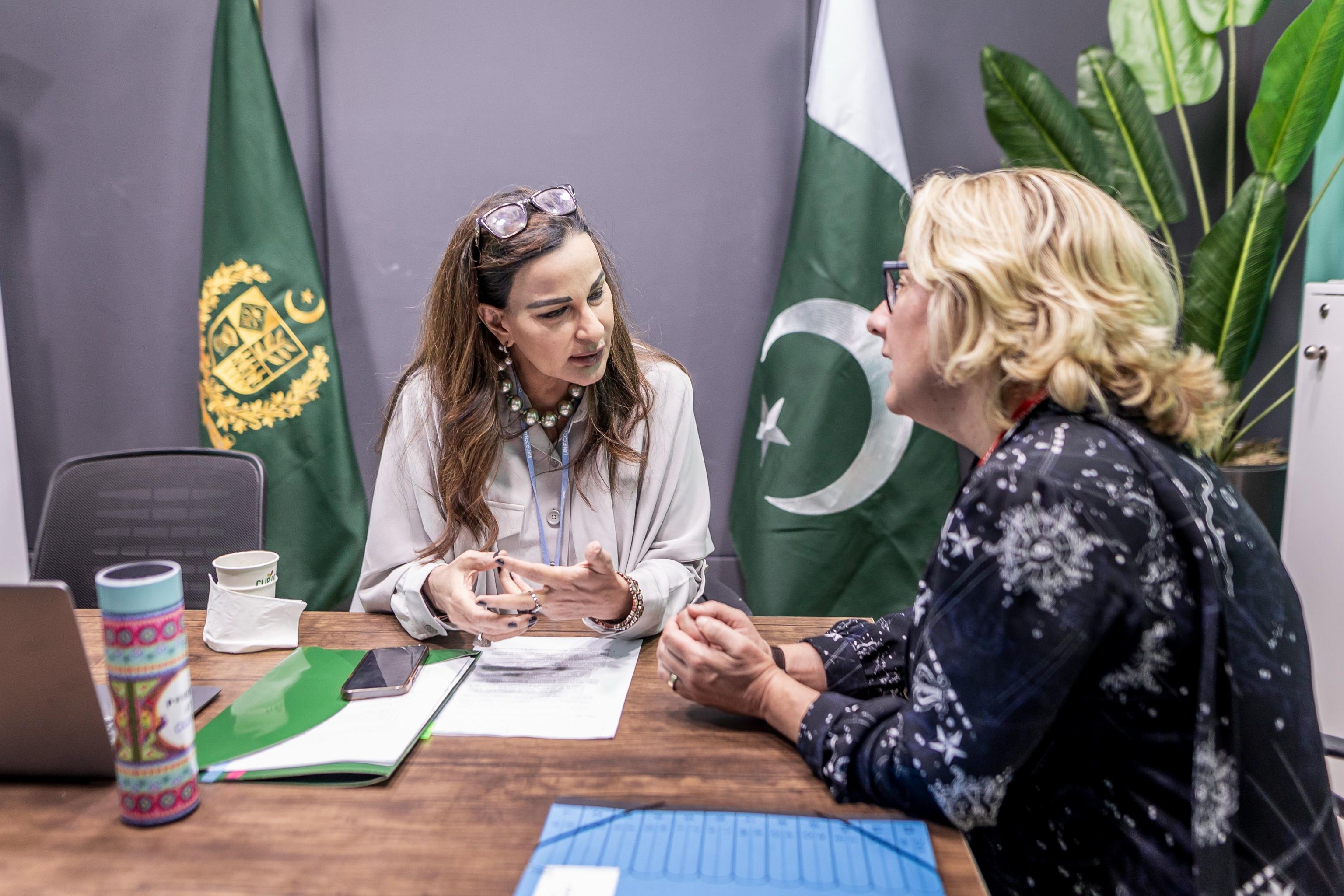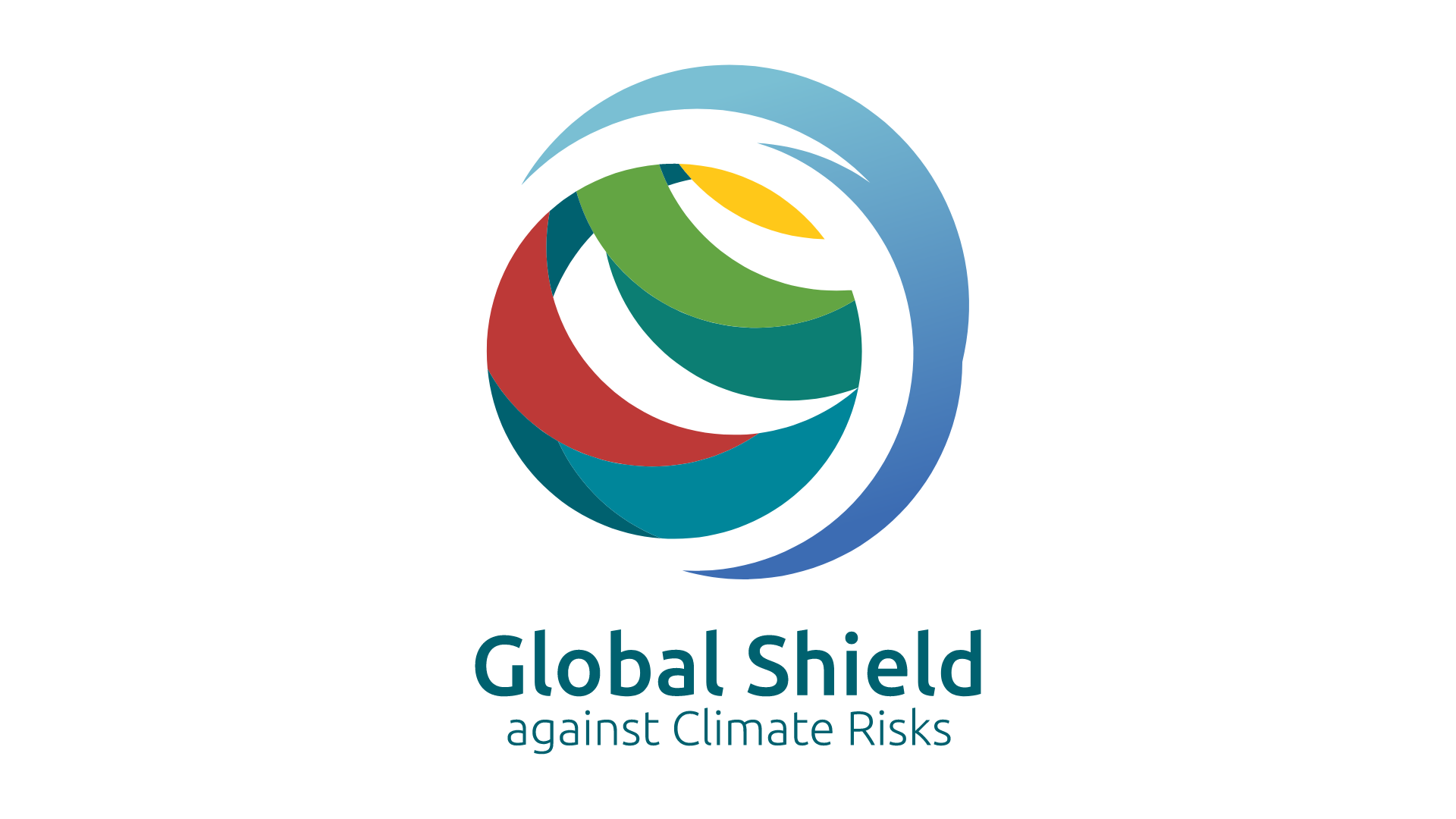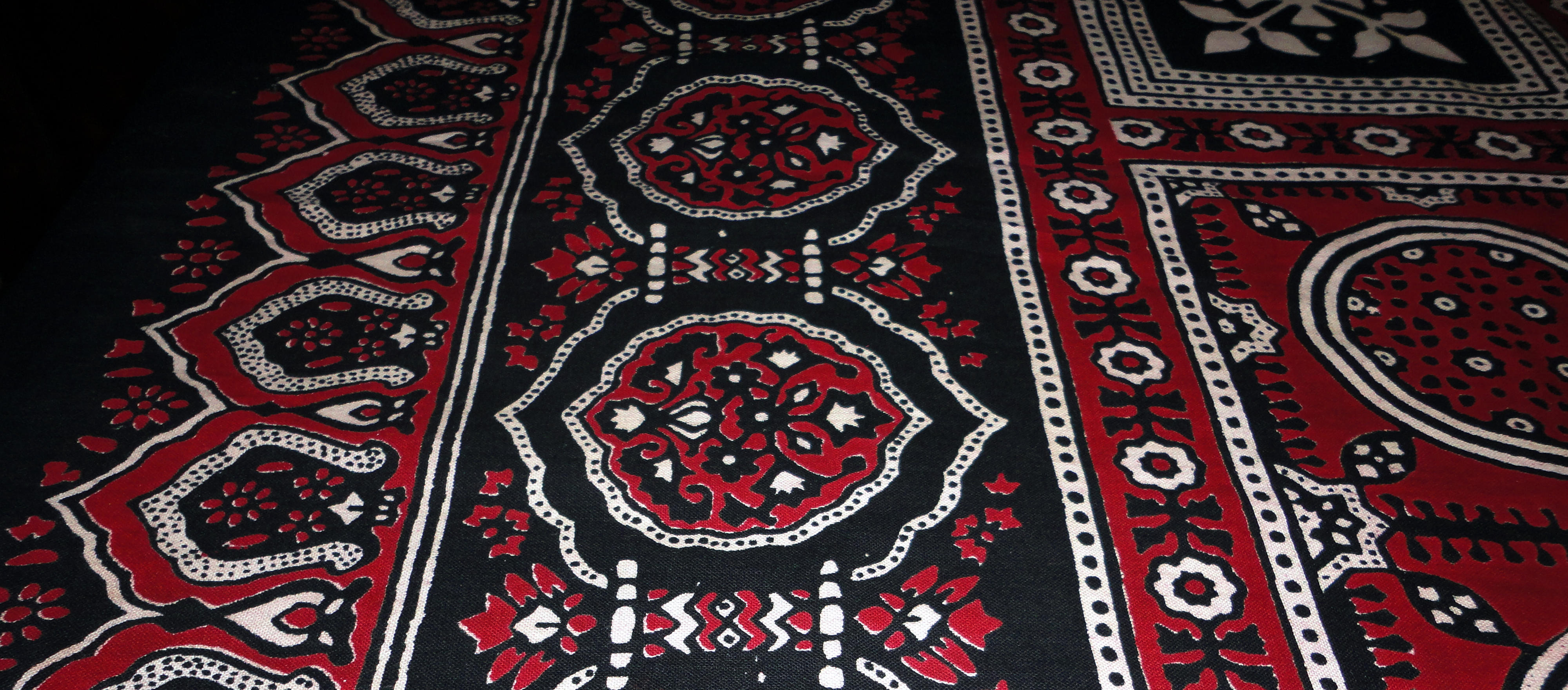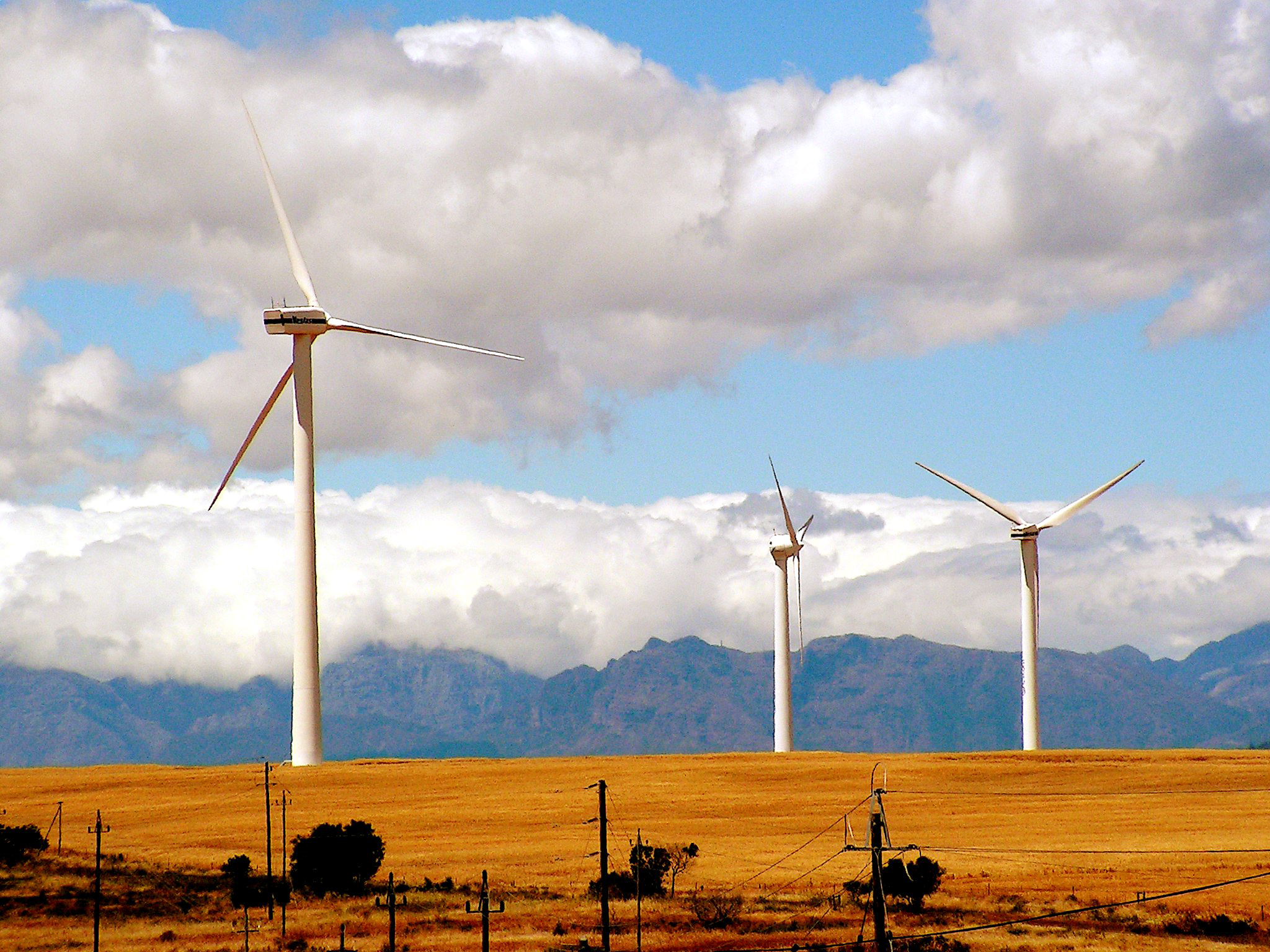COP27 Global Shield against Climate Risks starting to operate: Germany and Pakistan agree close cooperation
German Development Minister Svenja Schulze and Pakistan's Climate Change Minister Sherry Rehman at a joint event at the climate conference in Sharm el-Sheikh
Relevant bilateral and multilateral activities include a new project that will assist Pakistan's authorities in improving their climate risk analyses. Another focus will be on expanding social protection systems so that those affected are better able to cope with climate shocks. Together with the Vulnerable Twenty (V20) Group, Minister Svenja Schulze officially launched the Global Shield against Climate Risks at COP27 on Monday. Pakistan is one of the “pathfinder countries” where activities will first be rolled out.
Development Minister Svenja Schulze said: “This year, the suffering caused by the climate crisis in Pakistan has reached historic dimensions. Pakistan may well be the most powerful illustration of why the losses and damages that have already been caused by climate change are such an urgent issue for the climate conference. It is quite appropriate that Pakistan is one of the pathfinder countries for the Global Shield against Climate Risks which we developed together with the most vulnerable countries. The Shield's work starts from a thorough analysis of climate risks. Governments that know their risks can prepare better and minimise damage to the greatest possible extent. So it is good that Pakistan will be the first country under the Global Shield to gather the necessary climate data and build the knowledge needed for that.”
Activities in Pakistan will involve assistance for the country's authorities to better understand climate risks and get access to risk modelling and data, which are usually expensive and difficult to access. As part of the effort, open source models will be adapted to local conditions. This will, for example, enable local authorities to get a better idea of flood risks and adapt their planning instruments, early warning systems and financial protection mechanisms accordingly. Such improved understanding of climate risks forms the basis for the comprehensive country protection packages to be drawn up as part of the Shield's work. The project will be funded from the 170 million euros which the German government committed at the climate conference to address climate losses and damages under the Global Shield.
Analytical work under the Shield will not be limited to climate risks. There will also be analyses of the protection systems against climate shocks that are already in place, and of related protection gaps. As a next step, these gaps will be addressed through the various instruments available under the Shield.
As part of the package to enhance climate resilience in Pakistan, Minister Schulze also announced specific financial support programmes. Germany will be providing 8 million euros to Pakistan for better and long-term planning on adaptation to climate change. And the German government is already assisting Pakistan in broadening its social protection system in such a way that households will have protection against damage from climate change impacts. This will involve direct cash support to enable poor people affected by climate shocks to protect their livelihoods.
Minister Schulze said: “Social protection is the best form of crisis preparedness. This was a lesson we learned through the pandemic, but it also applies to climate shocks. If poor people quickly get access to funding immediately after – or better yet, before – a disaster, they are often able to significantly reduce the damage caused by climate change impacts, and avoid high follow-on costs. Such instruments have already proven successful in our development cooperation. We can also use this experience for addressing climate-related damage.”
A year ago, at the climate conference in Glasgow, Pakistan and Germany launched a Climate and Energy Partnership. Pakistan is one of the countries in the world that are most affected by climate change. Following a devastating drought in the first half of the year, a flood disaster in mid-2022 left one third of the country under water.
For further information on the Global Shield: https://www.v-20.org/global-shield-against-climate-risks (External link)



